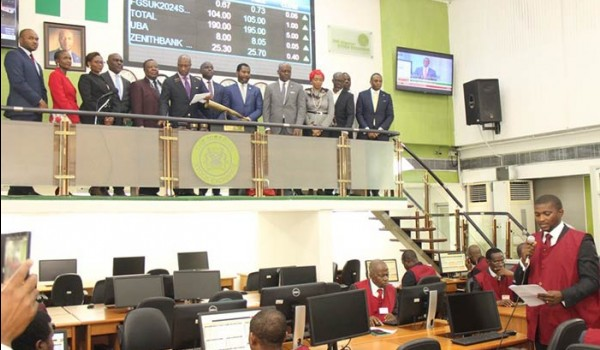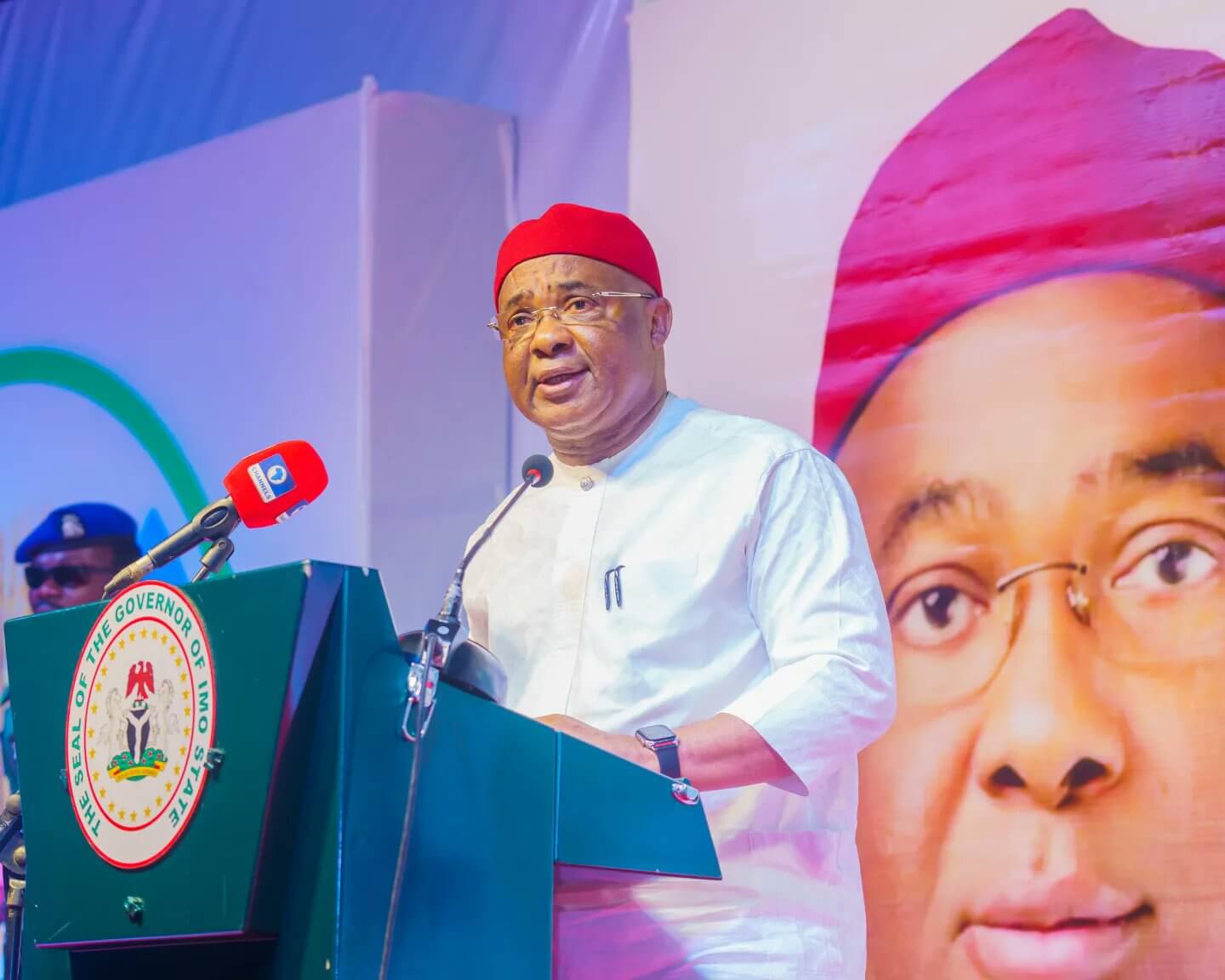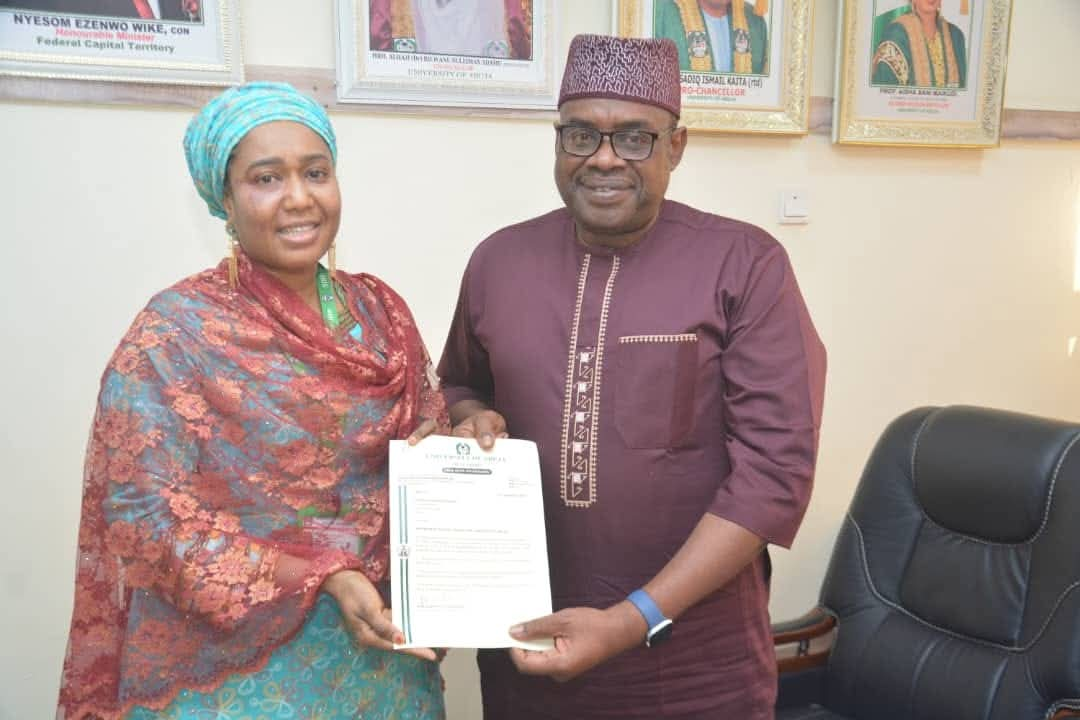Finance experts have said that the proposed ECOWAS single currency, ECO, when it comes into effect, will minimise foreign exchange losses and integrate and economically unify the countries.
In separate interviews in Calabar with the Director-General of Non-Interest Finance of West Africa, Asiwaju Busari Shaamsuddeen Akande, and Eneyi Ogosi, a banker, along with Iwora Agara, an economist, they said the advantages of the single currency outweigh the odds.
Akande said, “The issue of foreign exchange losses will be minimal. Also, economic integration and development. Trade between various states will become easier, as evident in European countries after the adoption of the single euro.”
He further stated that price instability will be a thing of the past because uniformity will be the order of the day.
According to him, Nigeria would not suffer as much as countries that solely produce their own currency with raw materials readily available within.
“Remember, Nigeria prefers borrowing to printing more money into circulation to control hyperinflation. With a single currency, there wouldn’t be freedom to supply or control the value of a universal currency through monetary policy. Monetary policy in areas such as minting or fixing interest rates overnight.”
Akande revealed that 8 out of the 15 countries in ECOWAS are already using a single currency known as CFA, adding that the decision is apt and timely.
“Coming into these countries as a businessman is like transacting in the same country because of its uniformity.
The ECO currency will bring about standardization and will be beneficial to all. For Nigeria, maintaining ECO as a currency will reduce corruption to a large extent.
A banker, Ogosi, said the introduction of a single currency in the West African subregion would have various impacts on the member states, both positive and potentially challenging.
“The overall impact on member states will depend on a variety of factors, including the level of economic convergence among the participating countries, the strength of regional institutions, the specific design of the single currency, and the political commitment to the integration process.”
He said careful planning, effective policy coordination, and consideration of the diverse needs of member states will be vital for maximizing the benefits and mitigating the potential challenges of a single currency in the subregion.
He disclosed that the economic impacts will include increased trade and investment integration within the region, leading to expanded market opportunities and economies of scale.
“The ECO currency will reduce transaction costs and exchange rate risks, boosting business competitiveness and reducing costs for consumers.
“It will have the potential for more stable and predictable macroeconomic policies, reducing the risk of currency crises and volatility.
“There will be the possibility of improved access to international capital markets and reduced borrowing costs, among others,” he said.
On his part, economist Agara said, “The development would result in a stronger currency that would be acceptable in many countries.
“This will also improve transnational trade, especially within Sub-Saharan Africa. Ultimately, the local currencies would give way.”















 English (US) ·
English (US) ·